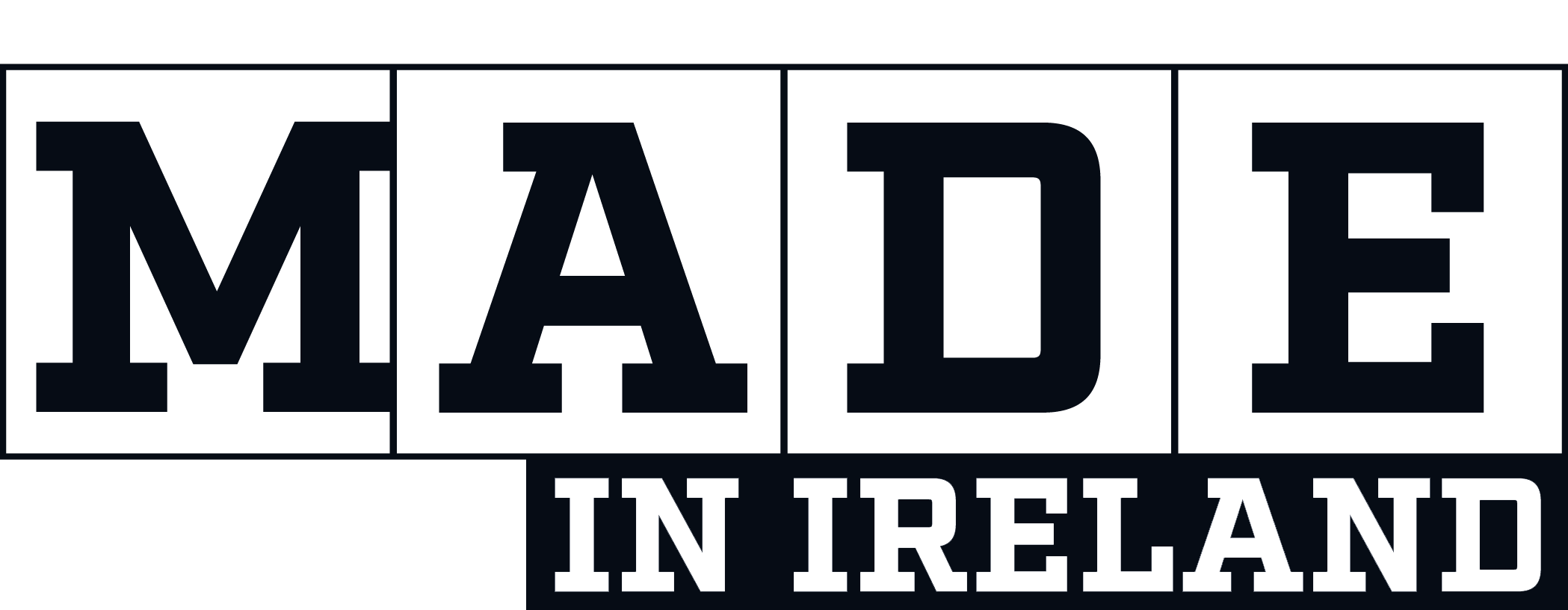With a plethora of challenges for maintenance engineers across a variety of sectors, addressing these issues and creating insights to help operators is a worthwhile task. RS partnered with the Institution of Mechanical Engineers (IMechE) to spotlight these concerns through a survey among IMechE members. The resulting ‘Performance in Focus’ 2024 Maintenance Engineering Report provides valuable insights, including statistics specifically relating to the Irish market.
Also read: 3D Technology expands into Northern Ireland
Skills Shortages and Staffing Concerns
Challenges for maintenance engineers include skills shortages, which top the list of concerns. Half of the respondents from Ireland cited attracting and retaining talent as a key challenge for improving maintenance processes over the next 12 months, while 37% identified it as their primary concern. Additional issues included inflation and higher costs at 39%, and supply chain disruption at 31%.
Addressing these staffing challenges requires a combined industry effort to raise the profile of engineering within education. Businesses must offer more apprenticeship opportunities and support engineering graduates in developing specialized skills. This is especially critical with the rise of Industrial Internet of Things (IIoT) devices and data analysis solutions, ensuring available skills align with evolving technology demands.
The Cost of Unscheduled Downtime
The survey highlights unscheduled downtime as one of the persistent challenges for maintenance engineers. Irish respondents reported spending an average of 15 hours per week on unscheduled downtime, a slight improvement over last year’s 20 hours. However, the average hourly cost remains high at €6,498.69, posing significant financial burdens.
- Ageing assets (29%) emerged as the most common cause of downtime.
- Mechanical failure (21%) followed as the next major issue.
The survey revealed solutions for decreasing downtime, with upgrading equipment and improving training both cited by 49% of respondents. Another 40% highlighted introducing preventative maintenance as a key strategy. While not all companies can afford equipment upgrades, proper care and preventative maintenance remain critical in extending the life of ageing assets and ensuring operational continuity.
Preventative vs. Reactive Strategies
Despite the recognition of preventive measures, the survey results show that more firms adopt reactive maintenance strategies (42%) than predictive ones (38%). This highlights the balancing act that many maintenance engineers face — managing day-to-day operations while prioritizing the prevention of future breakdowns.
While achieving truly efficient maintenance remains a work in progress, the results highlight a shift towards planned and predictive strategies. Many engineers are now focusing on skill development and embracing preventative maintenance practices, signalling progress toward long-term solutions for industry challenges.
Commitment to Future Progress
The challenges for maintenance engineers are clear, but so are the actions being taken to address them. Engineers are acutely aware of the complexities, balancing immediate needs with forward-thinking strategies to reduce downtime and improve processes. By prioritizing upskilling, embracing preventative strategies, and integrating new technologies, maintenance engineers can continue to drive progress.
The Institution of Mechanical Engineers (IMechE), a global organisation with around 115,000 members, remains dedicated to improving the world through engineering, helping to address these challenges head-on.










